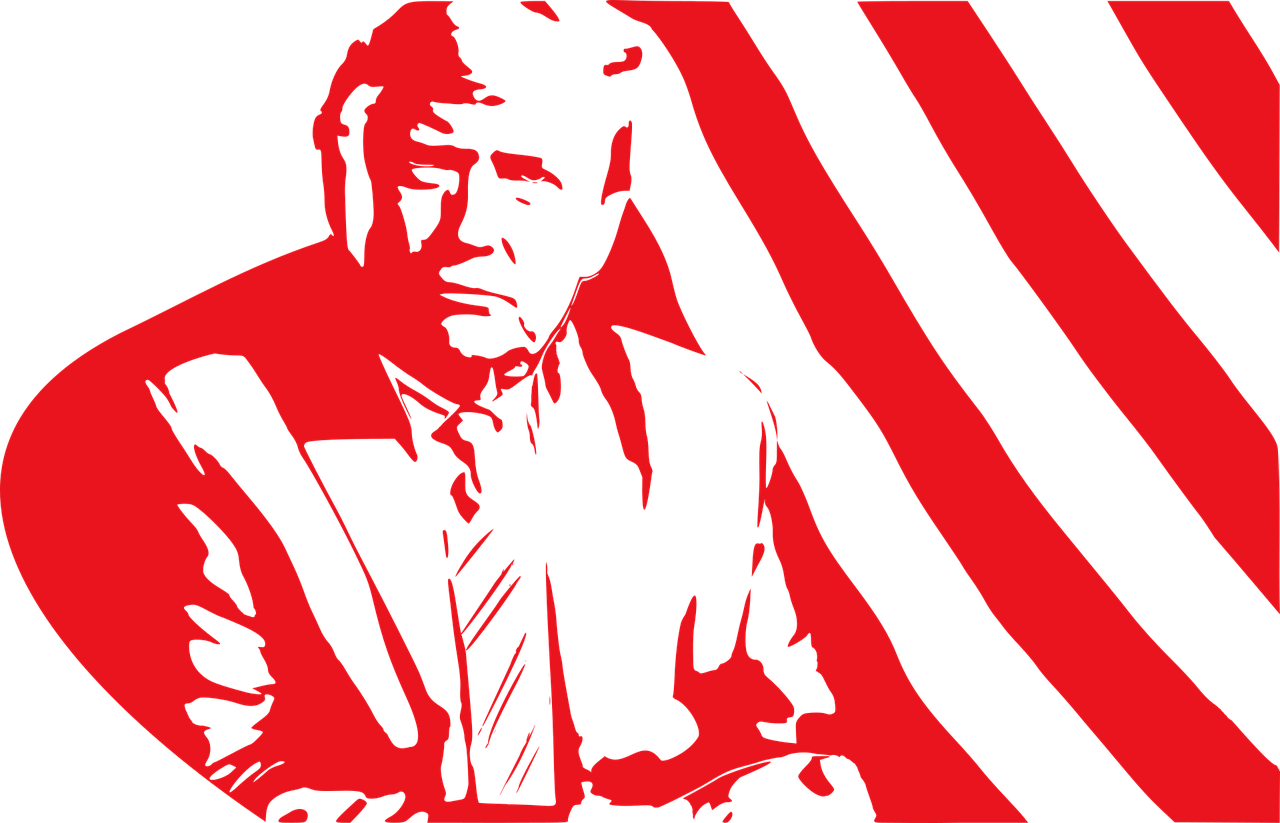On May 7th just days after the President signed his controversial April 22nd executive order limiting the immigration of certain aliens to the United States for 60 days, Republican senators rallied together to urge the President to pass more immigration restrictions—this time targeting nonimmigrant foreign workers.
Republican Senators Tom Cotton of Arkansas, Ted Cruz of Texas, Chuck Grassley of Iowa, and Josh Hawley of Missouri fired off an impassioned plea to the President asking him to suspend all new guest worker visas for a period of 60 days, and certain categories of new guest worker visas for at least the next year until unemployment levels have returned to normal.
In their letter, the Senators justified their request stating that, “the United States admits more than one million nonimmigrant guest workers every year, and there is no reason to admit most such workers when our unemployment is so high.” The letter continued “given the extreme lack of available jobs for American job-seekers as portions of our economic begin to reopen, it defies common sense to admit additional foreign guest workers to compete for such limited employment.”
The Senators praised the President for passing the April 22nd proclamation but said that more needs to be done because guest worker programs “remain a serious threat to the U.S. labor market’s recovery.”
The Senators said that exceptions to the 60-day suspension should be rare and limited to time-sensitive industries such as agriculture and issued only on a case-by-case basis when the employer can demonstrate that they have been unable to find Americans to take the jobs.
Who would be affected?
The Senators have specifically called on the President to suspend new nonimmigrant worker petitions for (at minimum):
- New petitions filed for the H-2B visa program (nonagricultural seasonal workers);
- New petitions filed for H-1B visa program (specialty occupation workers);
- New Optional Practical Training (OPT) requests and;
- New petitions filed for the EB-5 immigrant visa program.
Could this happen?
Yes. The President certainly has the power to suspend new nonimmigrant worker petitions by executive order. In fact, in his April 22nd executive order the President provided that within 30 days of the effective date of his order he would review nonimmigrant programs and could propose other measures recommended to him to protect the United States economy and American workers. The 30-day mark for review falls on May 22, 2020. Therefore, it is a real possibility that the President could pass an additional executive order restricting the filing of new petitions for the aforementioned programs.
Moreover, the President has openly criticized the H-1B visa worker program making it more susceptible to a future suspension. For example, in his “Buy American and Hire American,” executive order signed on April 18, 2017, the President specifically targeted H-1B visa workers calling on immigration to ensure H-1B visas are awarded to the most-skilled or highest-paid beneficiaries. That executive order famously contributed to the substantial surge in denials and issuance of requests for evidence for H-1B petitions.
While most of these programs could be suspended by future executive order, we do not believe that new EB-5 immigrant visa petitions will be affected, because of the substantial contribution that these investors make in United States businesses.
What should foreign workers be doing now?
Workers applying for a non-immigrant work visa should file their petitions as soon as possible. A future executive order would likely impact new petitions only and not those already in the pipeline. Therefore, be diligent and ensure your case is filed so that you are in the clear.
We will provide more information on future actions with respect to this request as it becomes available.
Immigration and COVID-19 Resource Center
For more immigration information related to COVID-19 please visit our Immigration and COVID-19 Resource Center here.
Follow our New Facebook Group for COVID 19 and EO Updates
We have created a new facebook group to address the impact of the executive order and other changing developments related to COVID-19. Follow us there!
 Visa Lawyer Blog
Visa Lawyer Blog


